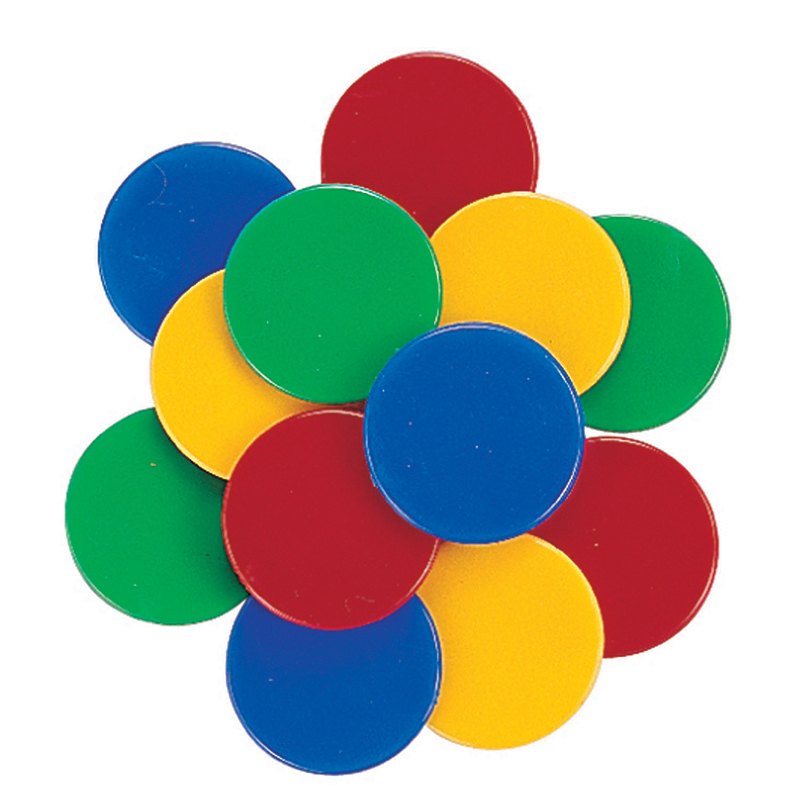Stylish High Quality Counter surfaces for All Interior Design Style
When it comes to designing your dream kitchen or bathroom, a key factor to think about is the selection of countertops. Top-notch countertops not solely act as practical surfaces for cooking, preparing meals, and various activities, and they greatly impact the overall aesthetic of your space. Considering the numerous available options, from natural stone to manufactured materials, understanding what makes a countertop high quality can help you make wise choices that combine style and longevity.
Finding the perfect countertop requires careful consideration of various factors, from material strength and resistance to environmental impacts to aesthetic appeal. We will discuss the crucial characteristics to seek in high-quality countertops, the difference between various materials, and advice on how to ensure your choices are timeless. Whether you lean toward classic granite, elegant quartz, or luxurious marble, we will help you identify the markers of quality and skill to elevate your space while meeting your practical needs.

Comprehending Counter-space Excellence
The grade of a countertop is determined by multiple factors, such as substance composition, robustness, and workmanship. High-quality countertops are made from strong resources that can endure daily use while maintaining their visual attractiveness. When reviewing counter-space grade, it is important to take into account how well the substance can resist high temperatures, marks, and blemishes, as these are frequent issues faced in culinary spaces and washrooms. A high-end counter top not only appears attractive but also boosts the functionality of the environment.
An additional critical element of countertop standing is the degree of skill involved in creation and setup. Well-made counter-spaces exhibit exact edges, flawless surfaces, and consistent color variations, which are demonstrative of proficient workmanship. Additionally, a high-quality counter top will have suitable finishing and coating, contributing to its durability against damage and making it easier to upkeep over the years. These details are often the distinguishing factors between a luxurious option and a inferior selection.
Recognizing the difference between diverse substances is also crucial when considering countertop excellence. Natural stones like granite stone and marble stone offer a classic charm and are typically long-lasting, but they can be susceptible to spots and need regular sealing. Manufactured stones, such as quartz, provide a more consistent aesthetic and can be designed for increased tolerance to harm. By balancing the pros and drawbacks of each category, residents can make educated choices that fit with their decor vision and practical needs.
Key Factors Influencing Durability
When determining the durability of a countertop, the material composition plays a pivotal role. Natural stones like granite stone and quartzite are famous for their resilience, offering superior resistance to damage, heat, and stains. On the other hand, engineered materials such as engineered quartz provide a non-porous surface that resists everyday wear while enabling a variety of designs. Understanding the inherent characteristics of these types of materials is important in making an educated decision that matches durability with your aesthetic desires.
Another key element influencing durability is the dimension of the countertop. Thicker countertops generally provide more strength and structural integrity, making them more resistant to chipping or cracking over time. A standard thickness of one and a quarter inches is usual for many solid surfaces, while some high-end options may reach up to two inches . Choosing a countertop with adequate thickness not only enhances its durability but also adds to a greater visual appeal in your area.
Finally, the finish and sealing of a countertop can significantly affect its durability. A properly sealed surface helps protect against moisture and staining, particularly in materials like stone materials. Additionally, the finish—whether shiny or matte—affects both the visual appeal and the ease of maintenance. Glossy finishes may be more prone to showing marks, while dull finishes can hide imperfections better. Thus, considering https://mcfarland-valdez.hubstack.net/ways-to-combine-premium-worktops-to-complement-your-own-cabinetry of finish is crucial in making sure that your countertop remains both aesthetically pleasing and long-lasting over time.
Selecting the Perfect Material Choice
When selecting a countertop, the selection of material significantly affects both aesthetics and performance. Natural stones like granite stone and marble radiate enduring elegance and distinctiveness, as each slab has its own character. They elevate the visual attractiveness of kitchens and bathrooms, making them a popular choice for luxurious designs. However, it is crucial to consider their upkeep needs; while breathtaking, these stones often require sealing to shield against markings or scratches.
Manufactured materials, such as quartz, provide an outstanding alternative for those seeking durability and low maintenance. Quartz countertops are impermeable, which means they resist discoloration and do not require sealing. Offered in a wide variety of hues and designs, engineered stones can replicate the look of natural stone while providing greater uniformity and a longer durability. Understanding the distinctions between these materials will guide you in making an informed decision that matches with your design vision.
Moreover, sustainable options are gaining traction in the world of countertops. Upcycled glass and renewable wood are not only stylish but also minimize ecological impact. Opting for sustainable materials can improve your home’s visual appeal while encouraging eco-conscious living. Each substance comes with its own set of characteristics and benefits, so thoughtfully assessing your needs and way of life can assist you choose the ideal countertop that balances beauty, functionality, and sustainability.